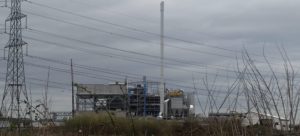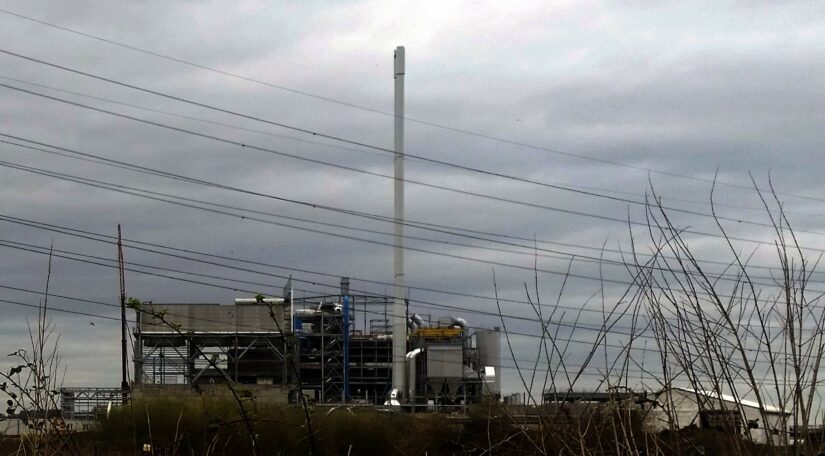The picture of Waste Management UK in 2019 is radically different from only 10 or 15 years ago. Many new waste management centres have been funded by the government and built. They are now operated by the waste collection and treatment/ disposal companies awarded long-term contracts

There has been an increase in the percent of recycling in households throughout the years. There are new frameworks being processed that seek to help increase recycling efforts among the people of the United Kingdom. via en.wikipedia.org
The proportion of waste sent to landfill is well below 30%, a big reduction on 20 years ago.
Household Waste Management UK Style
As the UK strives to achieve its obligations under the EU Landfill Directive, it has turned increasingly to a range of alternative disposal options.
Minimization, Reuse, Recycling, Composting and Waste to Energy (WtE)
Recycling, composting and waste to energy go hand in hand in the UK, which strives for sustainable waste management, and according to the 2019 UK Government's Waste Strategy will continue to comply with all EU targets.
As the UK strives to achieve its obligations under the EU Landfill Directive, it has turned increasingly to a range of alternative disposal options.
These include increased recycling, composting, anaerobic digestion and the use of thermal treatment facilities to recover energy from waste.
Many new facilities have entered service over recent years and others are in the pipeline.
Waste minimization, reuse, and recycling, plus the successful application of sustainable waste management programmes have resulted in a reduction to the generation of MSW in the UK. via waste-management-world.com
Construction Industry Waste in the UK
The construction industry produces over one hundred million tonnes per year which makes it one of the biggest sectors of waste production.
Good waste practices are the solution that these industries need in order to can create a good green image for the company which can entice new customers for the business.
The Waste Hierarchy
The waste hierarchy rules supreme in the UK.
The waste hierarchy refers to the “3 Rs” reduce, reuse and recycle, which classifies waste management strategies according to their desirability in terms of waste minimisation.
The waste hierarchy is the cornerstone of most waste minimisation strategies.
The next step or preferred action is to seek alternative uses for the waste that has been generated i.e. by re-use. The next is recycling which includes composting.
Following this step is material recovery and waste-to-energy. The final action is disposal, in landfills or through incineration without energy recovery. This last step is the final resort for waste which has not been prevented, diverted or recovered.
The waste hierarchy represents the progression of a product or material through the sequential stages of the pyramid of waste management.
The Life Cycle
The life-cycle begins with design, then proceeds through manufacture, distribution, and primary use and then follows through the waste hierarchy's stages of reduce, reuse and recycle. Each stage in the life-cycle offers opportunities for policy intervention, to rethink the need for the product, to redesign to minimize waste potential, to extend its use.
Product life-cycle analysis is a way to optimize the use of the world's limited resources by avoiding the unnecessary generation of waste. via en.wikipedia.org
Green Issues Come to the Fore
Rising awareness of green issues. Due to the growing vulnerabilities to the environment and the unanticipated weather condition transformations, there is growing awareness about the need for conservation of the environment.
The amounts of trash and chemical materials that are being produced at regional and worldwide levels are growing at an alarming rate every day, through numerous ways, and are causing environmental hazards.
Environmentally Friendly Manufacturing
Individuals are concerned with the environmentally friendly methods and the promotion of green manufacturing to protect the environment. The commercial neighborhood, not only in the UK but all around the world, is also moving in the direction of sustainable development for the conservation of the environment. There are a number of waste management strategies in regards to waste minimization identified into decrease, reuse and removal, according to the value of the wastage.
Education and Awareness Raising is Important
Education and awareness in the location of management is increasingly crucial due to the growing consumption of the resources. There are various ways by which an individual can assist in dealing with the wastage and its production at a very standard level.
Decrease the amount of waste you produce, Identify the hazardous waste so that info on the nature of the waste can be passed on to individuals who perform the garbage disposal.
Segregation needs to also follow promptly after waste is created as a reliable segregation will certainly minimize costs, promote recycling and shield the health and security of all.
Significantly, you must make use of licensed and audited carriers and disposers practicing services across Europe.
The Skip Hire companies offer complete consumer satisfaction by dealing with waste in most efficient and eco-friendly means. Waste removal service companies comprehend the value of having a clean and healthy environment for their clients and aim to provide premium services, providing eco-friendly cleaning and sterilizing by the use of natural items.
The Wartime History of Waste Management in the UK
Now you might like to continue here by reading about the Waste Management Regulations.

